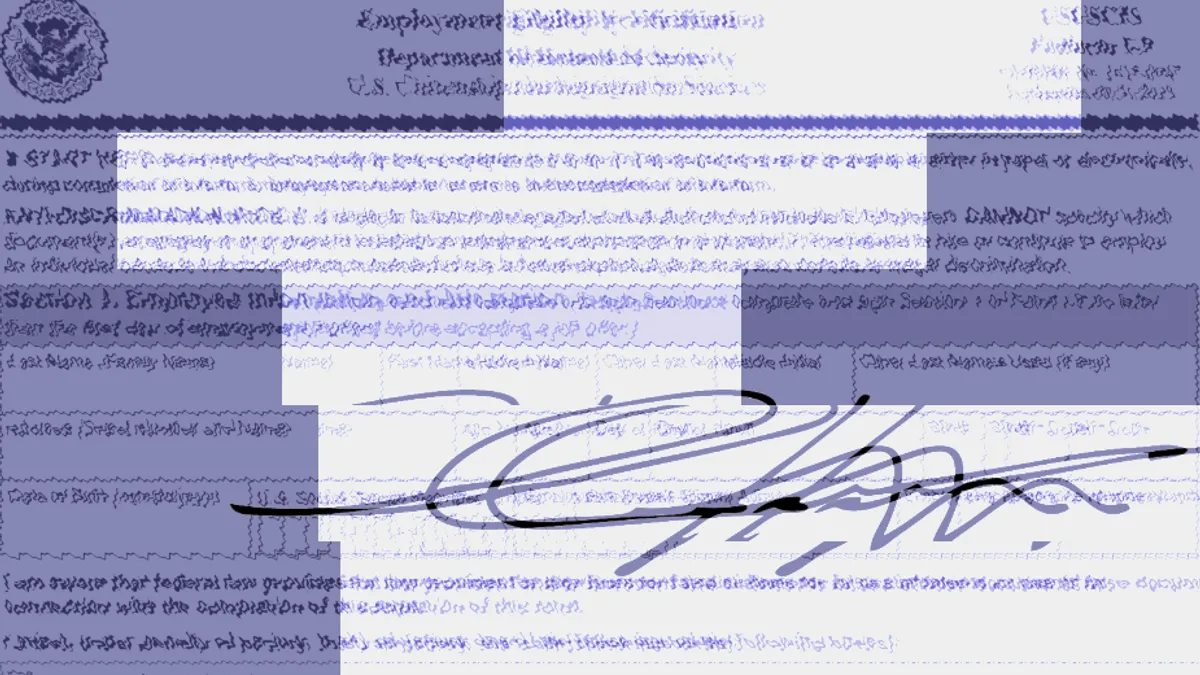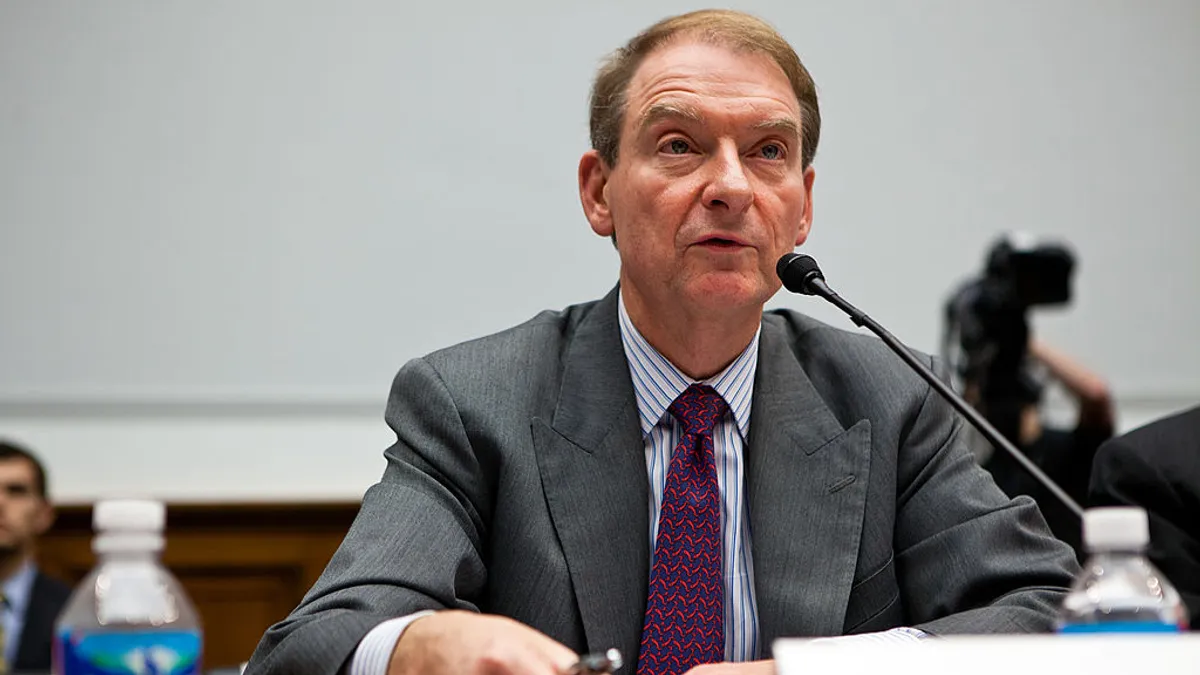The Securities and Exchange Commission charged Terren Peizer, the head of healthcare provider Ontrak, with insider trading despite his having executed the trades under Section 10b5-1 plans because he created the plans while having possession of material nonpublic information.
As a result, Peizer can’t rely on the plans to provide him an affirmative defense against insider trading charges, the SEC says.
“We allege that Mr. Peizer violated Rule 10b5-1 as it has existed for two decades by establishing and executing trading plans while aware of non-public information,” SEC Chair Gary Gensler said in announcing the charges.
An attorney for Peizer said the charges are unfounded. “The government has clearly overreached in this case,” David Willingham told The Wall Street Journal, “especially since they have disregarded the good-faith discussions regarding the facts and circumstances of this inquiry, which took place before these cases were filed without any prior notice.”
Customer losses
Peizer launched Ontrak in 2003 to help patients use behavioral changes to battle chronic ailments. The company in 2021 was projecting about $100 million in revenue, much of that from a handful of healthcare providers who pay it a fee for every patient they enroll in the company’s program.
Ontrak’s stock price plunged 46% in early 2021 after its largest customer terminated its contract, leaving the company dependent on its next largest customer, which accounted for roughly half its revenue.
Shortly after the loss of its largest customer and its next largest customer said it was unhappy with the results it was getting from the company, Peizer executed the first of two 10b5-1 trading plans and immediately started selling 11,000 shares of company stock a day for about two months, generating proceeds of about $19 million.
Under 10b5-1 plans, employees write instructions for trading their company shares to help them avoid the appearance of trading on the basis of insider knowledge.
For the plans to give them an affirmative defense against charges of insider trading, they must be created at a time when the employees aren’t in possession of material non-public information.
Since late last year, the SEC’s rules for the plans require a cooling off period, but when Peizer set up his two plans, the cooling off period wasn’t in effect, although brokerages typically impose their own delays.
The SEC says Peizer chose not to set up his plans with one of his usual brokers because of a minimum 14-day cooling off period it imposes. He instead chose a broker that didn’t have a requirement like that.
“Peizer implemented the May Trading Plan, which had no cooling off period, just six days after he contacted Broker 2 about setting up such a plan,” the SEC said in its complaint.
Despite signing a disclosure at the time saying he wasn’t in possession of material nonpublic information, the SEC says, Peizer knew his company’s largest customer was expressing its doubts about continuing its participation in the program.
“By late March 2021, Peizer had learned that Customer A was not satisfied with Ontrak’s services and considering terminating its contract,” the SEC said.
For his second 10b5-1 plan, executed three months later, Peizer again disclosed he wasn’t in possession of material nonpublic information even though he knew by then that the customer had decided to terminate the contract.
“Ontrak’s [then] CEO notified Peizer via text message,” the SEC said, “‘Customer A is intending to end relationship at the end of the year 12-31-21….They are really firm with me. Decision has been made.’”
Peizer then sold roughly 464,000 shares under the second plan almost immediately after executing it.
A short time later, the company publicly disclosed the customer was terminating its contract, sending the stock price down 44%, the SEC says.
By executing the trades when he did, Peizer was able to avoid some $12 million in losses, the SEC says.
In its complaint, the agency says the trades violated 10b5-1 protections and were based on the possession of material nonpublic information. The agency is seeking disgorgement of the ill-gotten gains and pre-judgment interest. It’s also seeking penalties and Peizer’s disbarment from serving on the boards of public companies.
“We allege that Mr. Peizer, armed with inside knowledge, avoided millions in losses that ordinary investors suffered,” Gurbir Grewal, director of the SEC’s enforcement division, said in a statement. “That’s insider trading, even when the trading is done through a 10b5-1 trading plan.”
The Department of Justice has opened a separate investigation into Peizer’s actions.



















